YEVU Clothing, Ethically Made in Ghana
Combining tradition, color and contemporary design to help create opportunities

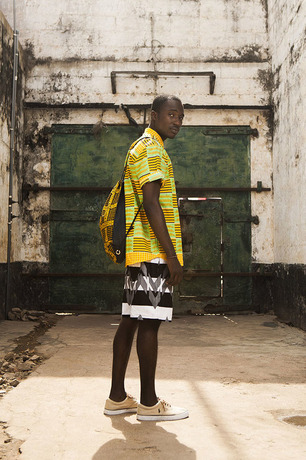
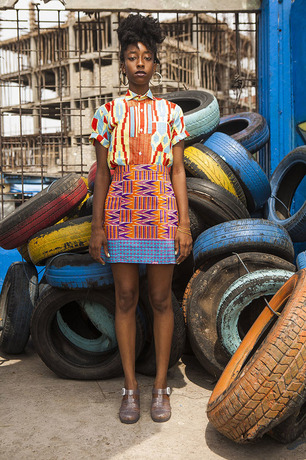
When Anna Robertson was volunteering in Ghana’s Accra, she heard the word “yevu” a lot—and now, the local Ewe term for “white woman” is the name of her brand. Founded in 2013, YEVU was born of Robertson’s fascination with the traditional wax print fabrics found in the capital city she once called home. Though bold, colorful, lively patterns are the label’s design focus, it’s as much about people as it is about textiles. Robertson has joined forces with Ghanaian seamstresses and tailors in an attempt to connect them to a greater global market, supporting and sustaining local industry and helping to create new opportunities.
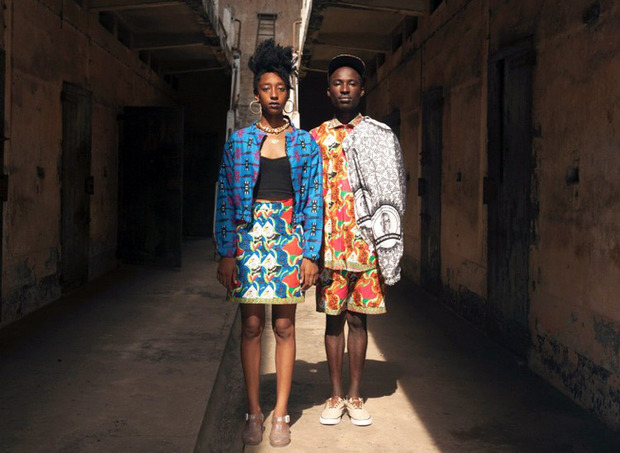
Launching in Sydney’s Surry Hills last year with a pop-up shop, the entire range of bright, breezy men’s and women’s attire sold out in one week. To follow up, Roberston just released the second collection, aptly named “YEVU 2.0” which is available at her new online store. We recently spoke with Robertson about the overwhelming success of the brand’s launch, her process and YEVU’s mission for the future.
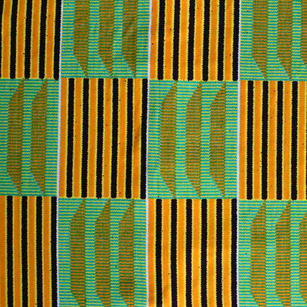
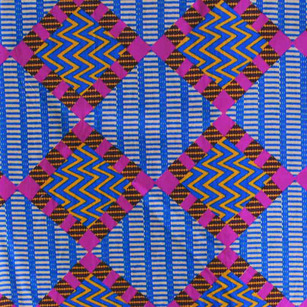
Can you tell us a little about what you were doing in Accra?
I was there as an volunteer with the Australian Aid program for 12 months. My background is in International Development, so I was there working on monitoring the presidential election at the end of 2012. YEVU was a side project that turned into something a bit bigger.
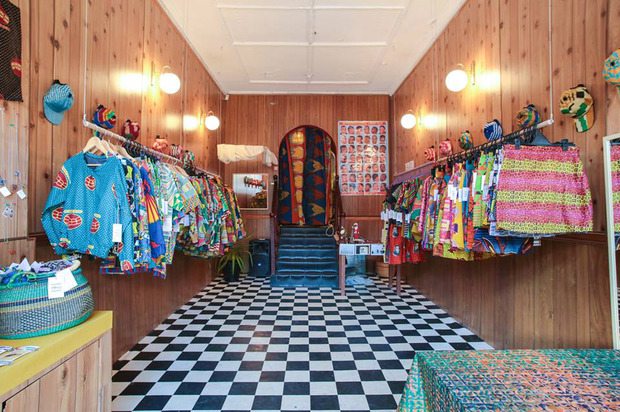
The popularity of the pop-up was incredible—was it anything like you had imagined?
The first pop-up store launched in October 2013 and I wasn’t prepared for its success. I was overwhelmed with the response and really grateful for the support and that people in Sydney liked what we were doing. I called in a lot of favors from friends to help out in the shop. I thought that with that sort of response, I had to get back on a plane to Ghana and work on the next range—which is exactly what I did. The pop-ups over summer went just as well, and the warmth of summer was conducive to people wanting to wear heaps of print!
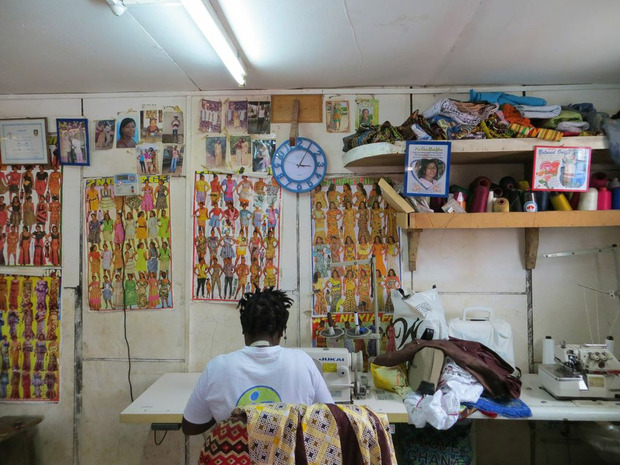
What is the process like—do you design and then leave the rest up to the local tailors and manufacturers? Is each piece an ongoing collaboration?
Not coming from a design background, I do rely a lot on the local seamstresses and tailors to realize the vision for YEVU. It is collaborative to an extent, but I am quite particular with what I see working so we work together to get the sample right, and sometimes that can take a little while because the way people are trained in Ghana is different than the way people are trained here. For example, pattern-making isn’t part of the process as it would be in a regular design process. It is quite an organic process, and things change and are manipulated throughout the way, accidentally or not.
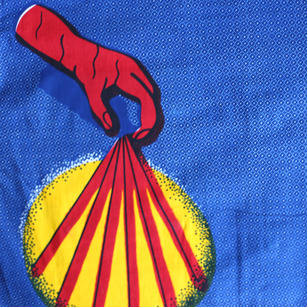
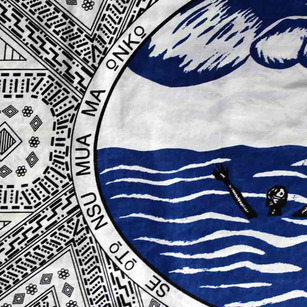
Do the various patterns have particular meanings and significance? Does that strongly influence your selections and designs?
They do, and I love learning about it. I try and communicate what these meanings with people who buy YEVU. A lot of the funeral prints are really beautiful and will often translate to phrases that are quite interesting. My favorite is “all men are ungrateful.”
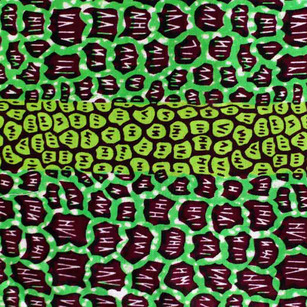
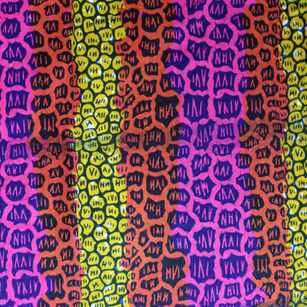
How often are you planning to switch up the designs/patterns?
In terms of the prints, it all depends what is available at the time. Textile manufacturers will design new prints roughly every three months, so it’s always exciting to see what’s new. There are the classics and old favorites that always do well, but they can be hard to find, so its a matter of digging deep at the wholesale market places.

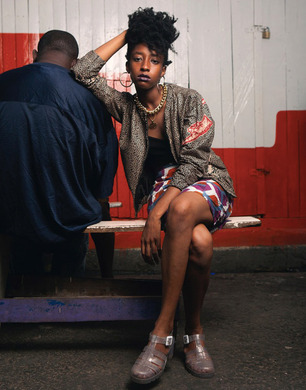
Obviously supporting local industry and connecting it to a wider audience is a huge part of YEVU. Not that there needs to be, but are there even grander plans?
Over the next two months in Ghana, I am working with a designer and together we will provide some training and upskilling for the seamstresses so they are confident in using different fabrics and putting a range together that is of higher quality and more consistent. In order to take YEVU to the next stage, we need to work with the resources and people at hand to do this. Also providing some upskilling will allow the people we are working with to benefit from more business outside of YEVU’s production. Managing this as an ethical point of production for other labels that want to do so in West Africa is something we are looking at.
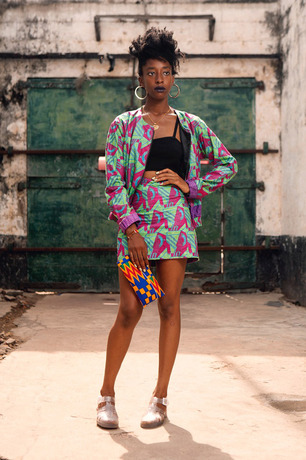
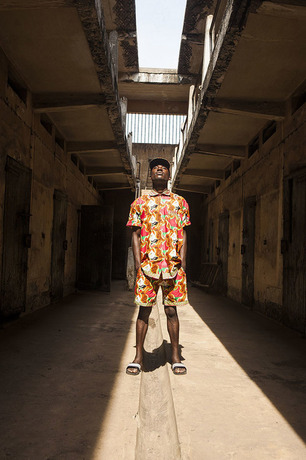
All men’s and women’s YEVU products—from hats to totes and bomber jackets—are now available online, with prices starting at $25AUD. Be quick though, as styles do sell out quickly.
Images courtesy of YEVU









